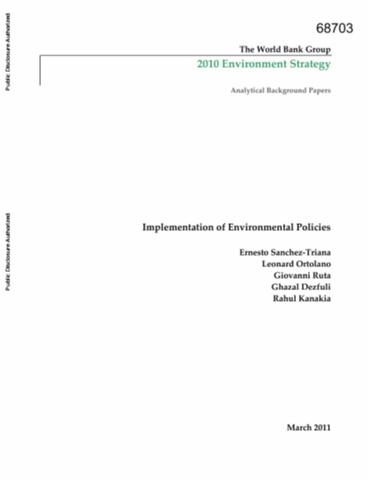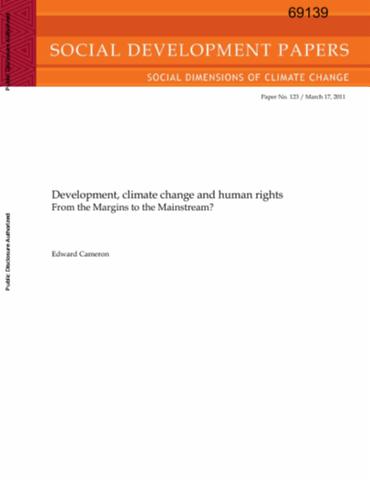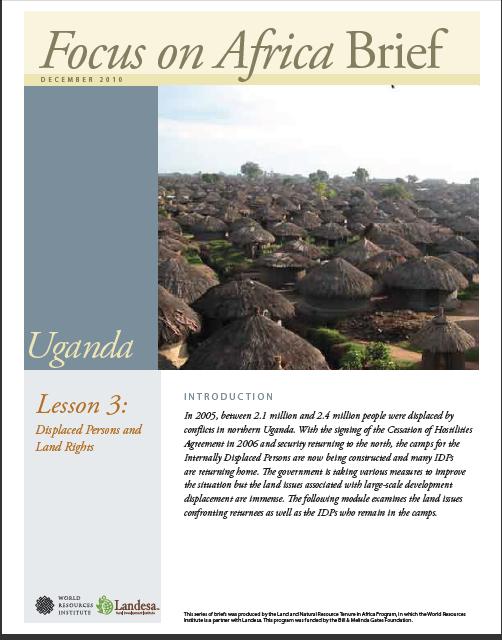Pa'an interviews: Conditions for villagers returned from temporary refuge sites in Tha Song Yang
This report contains the full transcripts of seven interviews conducted between June 1st and June 18th 2010 in Dta Greh Township, Pa'an District by a villager trained by KHRG to monitor human rights conditions. The villager interviewed seven villagers from two villages in Wah Mee Gklah village tract, after they had returned to Burma following initial displacement into Thailand during May and June 2009. The interviewees report that they did not wish to return to Burma, but felt they had to do so as the result of pressure and harassment by Thai authorities.







